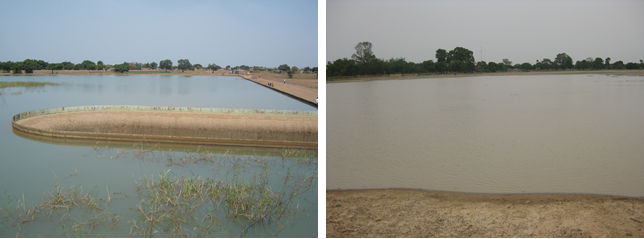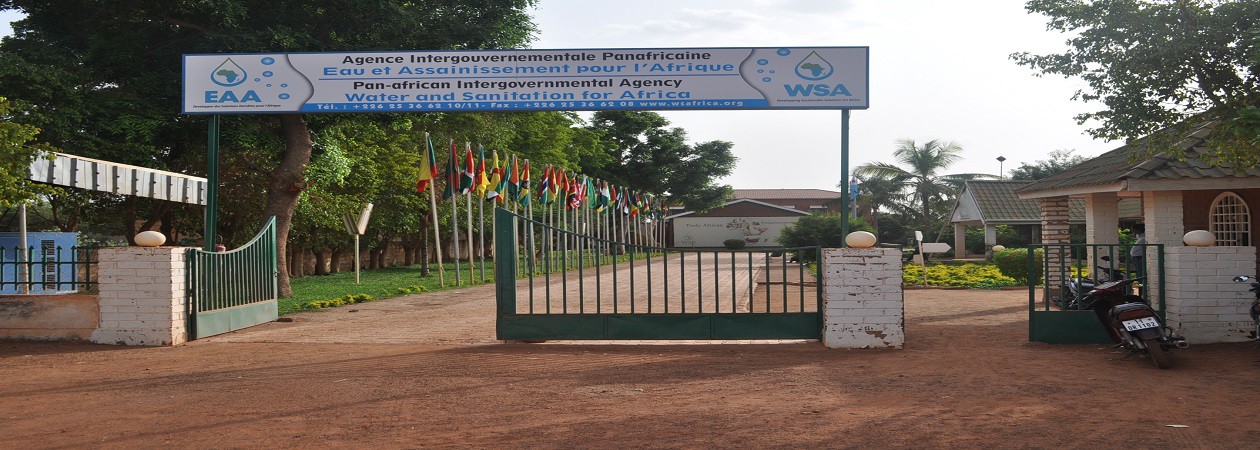Celebrated every February 2nd, the World Wetlands Day (WWD) was established by the UN through the signing of the Ramsar Convention in Iran by 157 countries on February 2, 1971. The goal is to encourage and promote biodiversity conservation. Since 1997, this international day is dedicated to raising public awareness of wetlands. The Ramsar Convention, from the Iranien city of Ramsar where the convention was adopted, has taken up the issue of the protection of wetlands worldwide.
By definition, wetlands are a set of all water points or reservoirs whether artificial or natural with similar biodiversity. On this WW Day the Ramsar Convention encourages government agencies, non-governmental organizations, citizens groups from all levels of society, etc. to initiate and participate in public awareness of the values and benefits of wetlands. Over the past few years the Convention has been setting a theme or a special message to encourage the universal awareness of the need to safeguard wetlands.
This year theme "Wetlands for our future: Sustainable Lifestyles" expresses the vital role of wetlands for the future of mankind and in particular their relevance for the implementation of the new SDGs (Sustainable Development Goals). Indeed, experts agree on the unquestionable utility of these environments to ensure a future to humanity. Through their different functions, wetlands play a key role in the regulation of water resources, purification and flood prevention. Suffice to say their preservation is of environmental economic and social issues, which are raised in the SDGs.

African countries are not on the sidelines of the celebration of this day. Burkina Faso, for example, has drawn up a National Wetland Policy (Politique Nationale des Zones Humides, PNZH) to guide, capitalize and strengthen actions promoting the conservation and enhancement of wetlands and their resources. The Pan African Intergovernmental Agency for Water and Sanitation for Africa, WSA echoes the preservation of these water reservoirs as they constitute a precondition to the successful practice of irrigated agriculture promoted through its integrated Water-Sanitation-Agriculture-Energy approach. This integrated approach arises from WSA new orientation which is in line with the SDGs and plans to forge links between the sanitation sector to that of agriculture with respect of enhancing food security in African countries.
This requires setting efficient policies in terms of integrated management of water resources, including wetlands. This is where WSA experience in water resources management can be put to use to support African countries to a sustainable approach in wetlands management.
Hubert OUEDRAOGO



